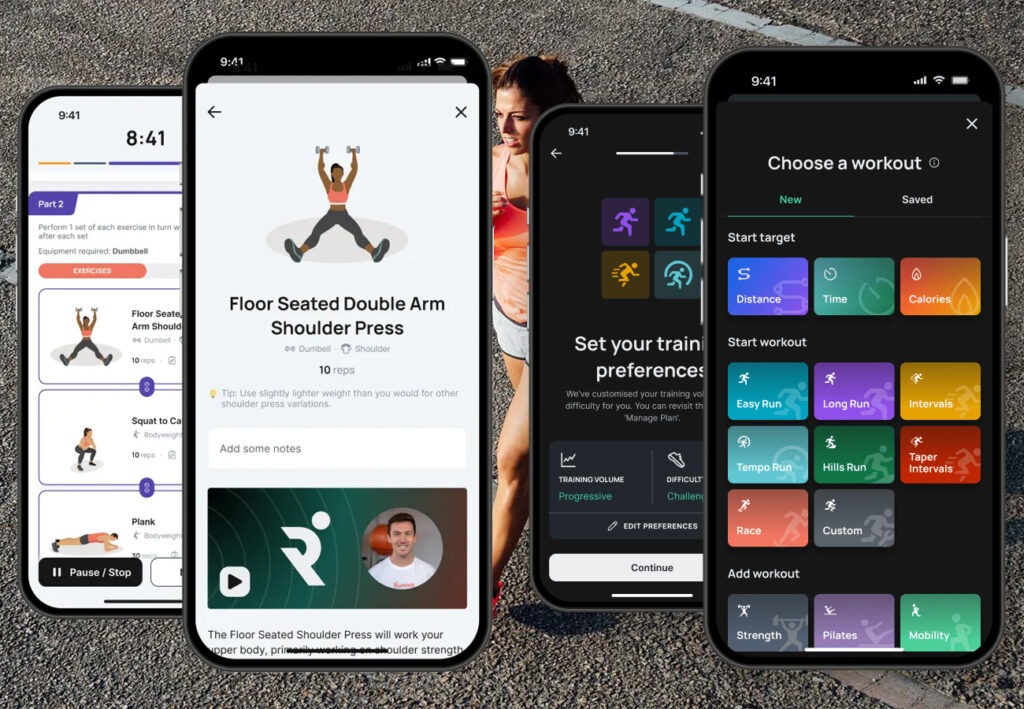Strava announced on Thursday that it is acquiring London-based training app Runna, in a deal that will unite two of the most popular technology fitness powers.
The terms of the deal have not been revealed but bringing Runna into Strava’s portfolio creates a training and social giant that could potentially service hundreds of millions of users.
“Coming off Strava’s accelerated innovation and unprecedented growth last year, it was the right time to look for complementary businesses that could create even greater value for our users,” Strava chief executive officer Michael Martin said in a statement. “Running is booming worldwide — nearly 1 billion runs were recorded on Strava in 2024. Runna’s mission to give every runner a personalized plan to achieve their goal is a perfect fit.”
Runna was found in 2021, launched the following year and was created by Dom Maskell, 30 and Ben Parker, 29, who initially raised $10.5 million for the app, which has become a heavily-favored run training tool that utilizes artificial intelligence to provide realtime feedback.
Meanwhile, Strava boasts 150 million users in 185 countries and has long been a hit with runners and other fitness users who participate in trackable activities like cycling, swimming and yoga. The company was valued at $1.5 billion, according to a 2020 fundraising disclosure by Sequoia Capital. Martin previously noted that one billion runs were uploaded to the platform in 2024, with run club participation seeing a 59 percent increase.
However, the company has faced scrutiny from users in recent years due to subscription related changes that shifted some features behind a paywall. In 2023, Strava raised subscription fees that appeared to take many users by surprise, while prices varied from one country to another.
In 2020 Strava acquired 3D mapping and guidebook app FATMAP to assist with planning winter and trail-based activities. But the company shut down the map service in October, and announced in March that the technology would be integrated into its own proprietary systems, a move that was also not well received by FATMAP users.
As more details of the acquisition become clear, the yearly cost of entry for both apps is nearly $200, with a Strava premium signup costing $79.99 a year and Runna priced at $119.99 annually.
In a note to posted on Runna’s website, Maskell and Parker explained that talks between the companies escalated last year but told users that their platform will remain a standalone product.
“We’re delighted to enter this next chapter as part of Strava – Runna will be remaining independent both as a team and product for the foreseeable future, so apart from some exciting integrations we’ve got planned, as a user you won’t notice much difference,” the statement read. “We know Strava will help us reach tens of millions of Runnas all over the world, invest in our product as well as team for the years to come which we hope will make Runna even better for you – our incredible users!”
According to Strava, a motivating factor in the acquisition was its own data showing that more users wanted training plans.
And over 100 training apps currently use Strava’s API, including Runna, to seamlessly upload workout metrics onto its platform and manage the data.
For now, the linking of Strava and Runna appears to be a plus for the brands. Strava now has a go-to training plan reserve squarely aimed at runners. And Runna can lean on Strava’s resources, deep user base and run club integration.







